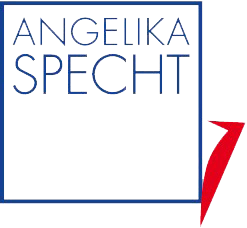The PSI approach
Prof. Dr. Julius Kuhl (Chair for differential psychology in Osnabrück), the father of the PSI approach, has developed a personality theory that constitutes a synthesis of different personality theories and results of expert research. The “Theory of Personality System Interactions” may be regarded as the most comprehensive personality theory in the world.
The PSI approach combines different results of psychological and neuro-scientific research into a seven-level model of a personality. There are extensive research findings on every level that are now measurable through the help of “top diagnostics”. Competences and resources can therefore be addressed in a profound and differentiated manner when providing psychological advice.
PSI theory constitutes a systemic, competence-oriented approach to personalities.
What does TOP diagnostics reveal?
Ability for self-control – these competences help to master, and shape difficult situations rather than just being exposed to them. TOP diagnostics measures the current stress level and demonstrates where self-control skills are still lacking in order to deal with the current level of pressure.
Motives – they give power and direction to one’s behaviour. TOP diagnostics measures conscious and subconscious motives and the system that is used to implement them.
State of mind and well-being – here the subject’s mood is measured, and it is verified whether there are any congruities between the consciously described and the subconscious state of mind.
Personality styles – preferring a certain systemic configuration under relaxed and under stressed conditions.
Cognitive styles – the initial personal reaction to stress and pressure.
Affects – motivation that is based on incentives or avoiding certain factors and the activation of psychological macro systems resulting from either case.
Temperamental styles
Procedure
TOP diagnostics is done online and takes between 1 and 1,5 hours. The results are available approximately one week later and will be discussed in a personal feedback meeting. Moreover, every participant receives a personalised expert assessment.

